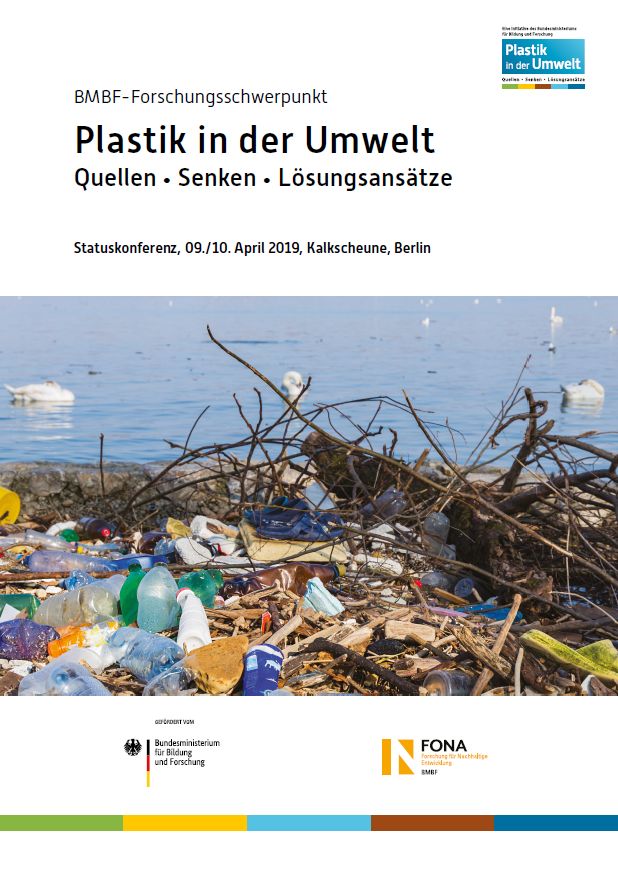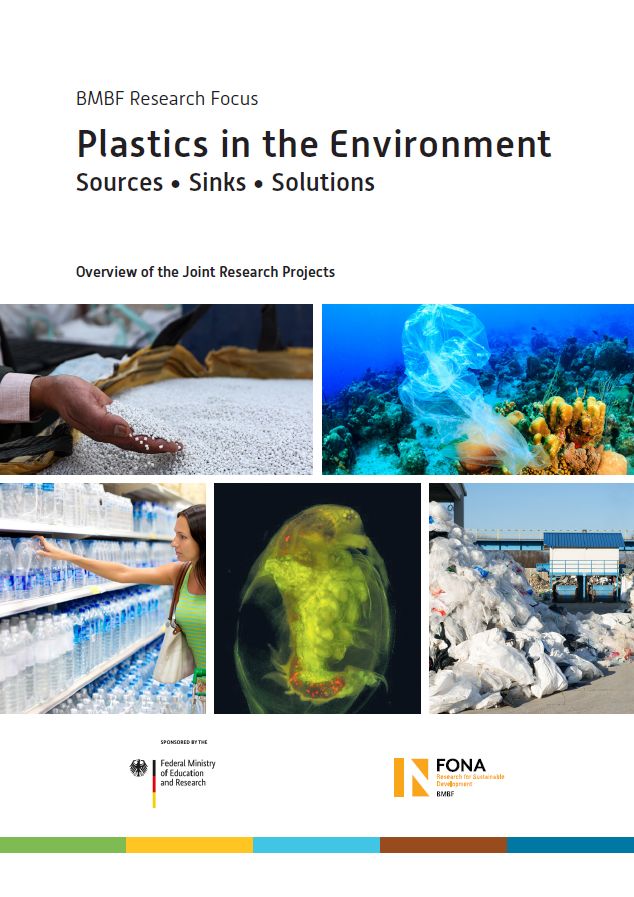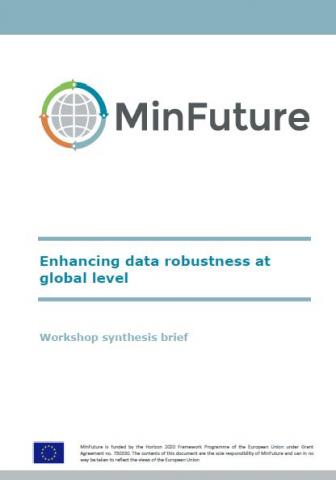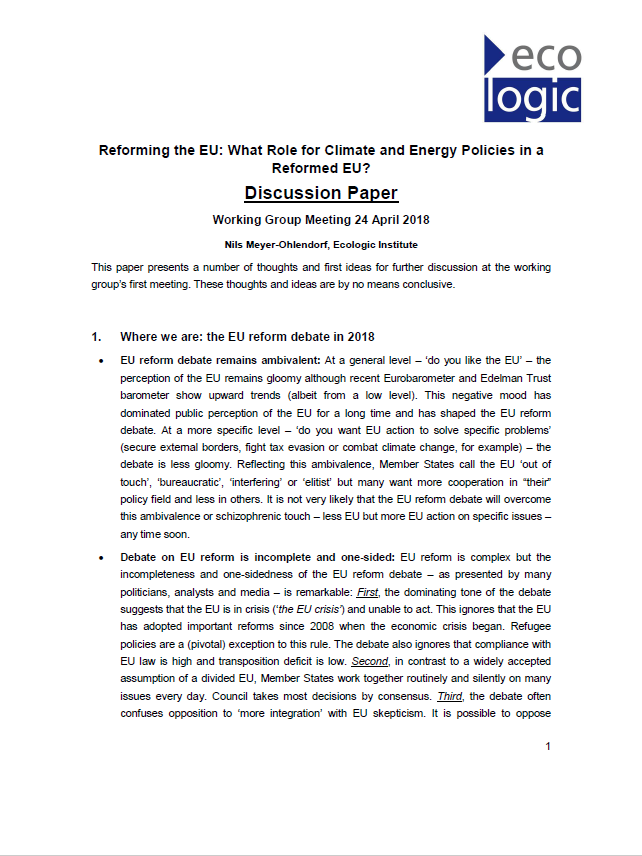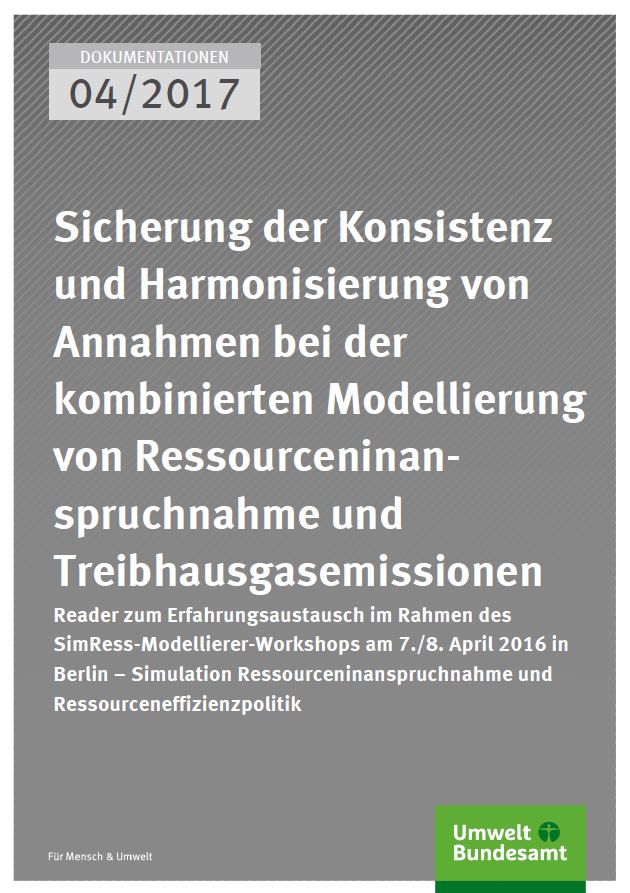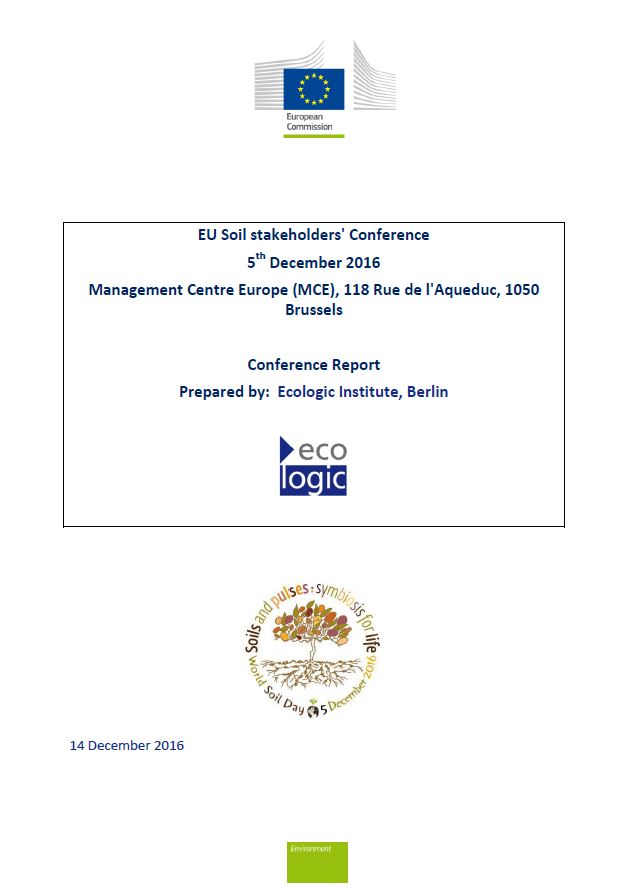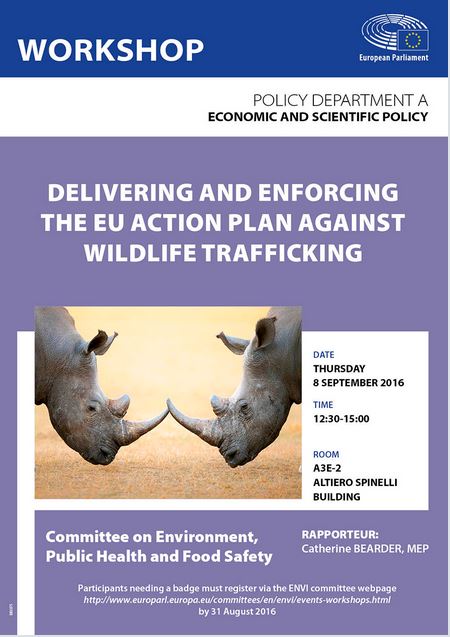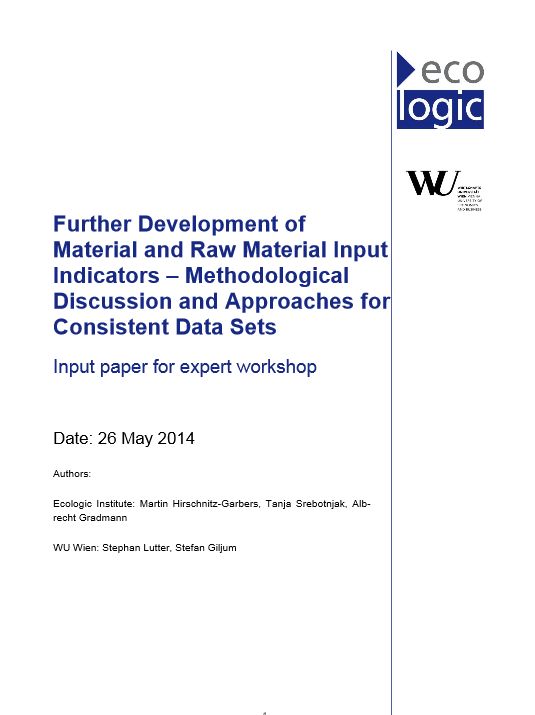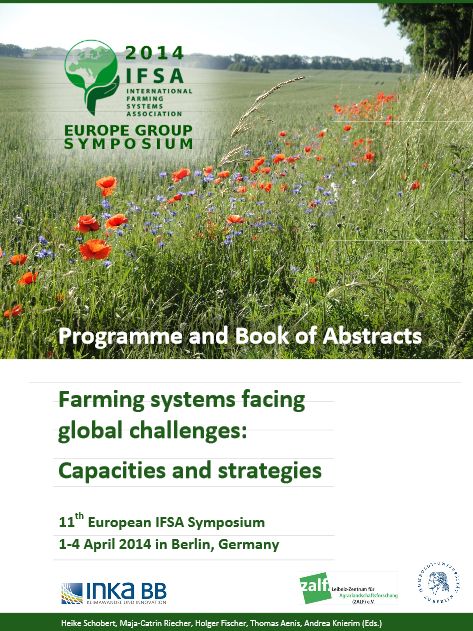Publication:Conference Paper
Publication:Conference Paper
Plastics in the Environment - Sources • Sinks • Solutions
Overview of the Joint Research Projects
Year
Read morePublication:Conference Paper
Global Material Flows and Demand-Supply Forecasting for Mineral Strategies – Workshop Brief
MinFuture Workshop Synthesis Brief
Year
Read morePublication:Conference Paper
Publication:Conference Paper
Publication:Conference Paper
Publication:Conference Paper
Publication:Conference Paper
Delivering and Enforcing the EU Action Plan against Wildlife Trafficking
Workshop Proceedings
Year
Read morePublication:Conference Paper
Publication:Conference Paper
The Paris Agreement: Analysis, Assessment and Outlook
Background paper for the workshop "Beyond COP21: what does Paris mean for future climate policy?"
Year
Read morePublication:Conference Paper
Further Development of Material and Raw Material Input Indicators
Methodological Discussion and Approaches for Consistent Data Sets
Year
Read morePublication:Conference Paper
Regional Cooperation in the Commission's Proposal for a New Energy Governance
Options and Implications for Electricity Infrastructure Measures
Year
Read morePublication:Conference Paper
Soil Management for Climate Change Mitigation and Adaptation
Framing and Integrating the Issue in the Evolving Policy Environment
Year
Read morePublication:Conference Paper
Publication:Conference Paper
Think Tanks in a Time of Crisis and Paralysis
On the Sidelines or Catalysts for Ideas and Actions?
Year
Read more